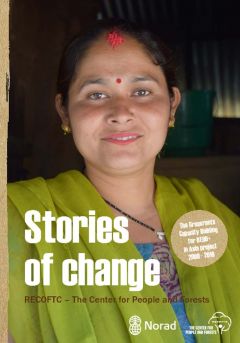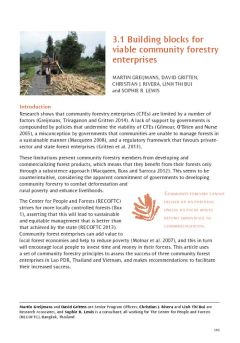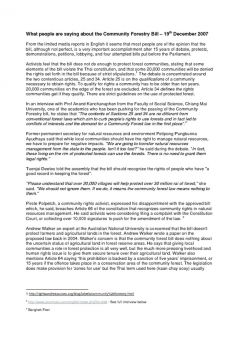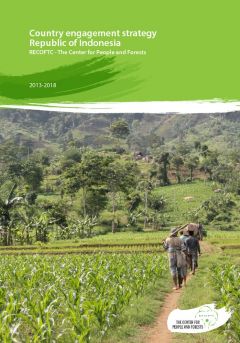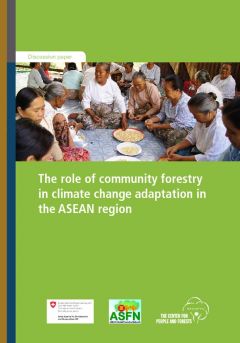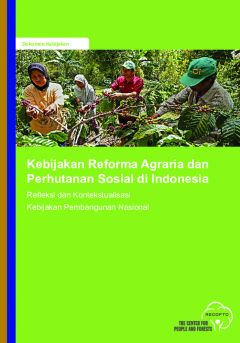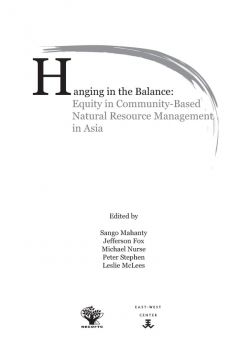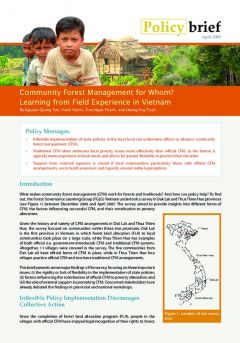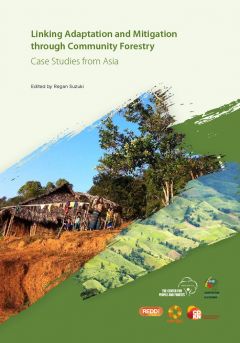Stories of Change (2009 - 2016)
Since 2009 RECOFTC through the Grassroots for Capacity Building for REDD+ in Asia project have been working to develop capacities of local partners in five countries (Indonesia, Lao PDR, Myanmar, Nepal and Viet Nam) to facilitate awareness raising on and initiatives to deal with climate change and REDD+.

